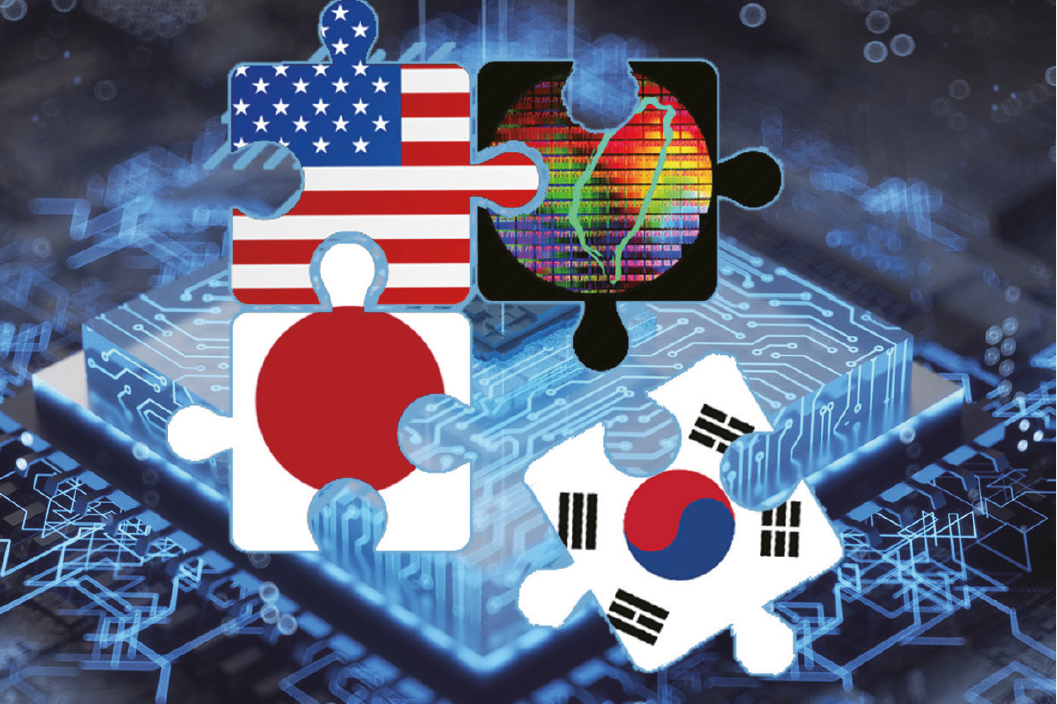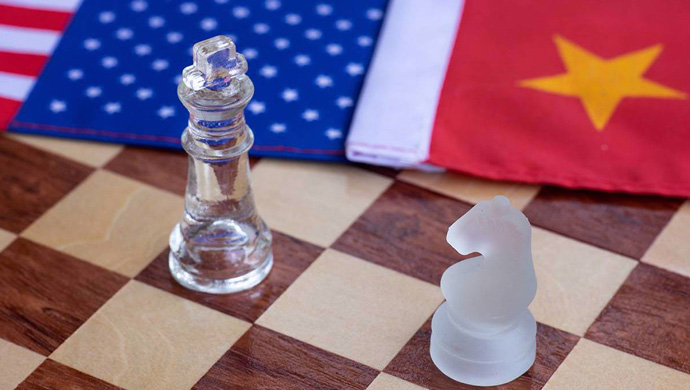
Charlotte Yuan, Bryn Mawr College student
Dec 01, 2023
East Asia is increasingly aligning with the U.S. to curb China's semiconductor ambitions, driven by the US's indispensable role in chip design and concerns about China's credibility as a business partner, giving the U.S. an advantage in the ongoing tech competition with China.
Ma Xue, Associate Fellow, Institute of American Studies, China Institutes of Contemporary International Relations
Sep 08, 2023
America is working to advance its trade ties with China while at the same time escalating export controls and pressure to manage the great power rivalry. The recent visit by Commerce Secretary Gina Raimondo reinforces the point.
Justin Feng, Masters Student, Johns Hopkins School of Advanced International Studies
Apr 19, 2023
Chinese chipmakers have remained surprisingly resilient despite U.S. semiconductor export controls. By redirecting focus towards legacy chip production, stockpiling restricted foreign chips, government support, and open-source RISC-V chip design architecture, China’s semiconductor industry may survive Washington’s export control campaign.

Sun Chenghao, Fellow, Center for International Security and Strategy, Tsinghua University
Zhao Yuqi, Research Assistant, U.S.-Europe Program of Center for International Security and Strategy, Tsinghua University
Feb 28, 2023
While the United States is focused on competition with China, when it comes to artificial intelligence cooperation is the better choice. In applications such as retail, finance, manufacturing, self-driving cars and telemedicine, the two countries can both win.

Da Wei, Director of Center for International Strategy and Security; Professor at Tsinghua University
Feb 14, 2023
It’s not in China’s best interests to be trapped in a bilateral tit-for-tat with the United States. We can do better by reaching out constructively to other developed countries. We will win the contest if we can do this.
Wu Zhenglong, Senior Research Fellow, China Foundation for International Studies
Feb 13, 2023
A ban on the export of advanced chip manufacturing equipment to China by the Netherlands and Japan, imposes sweeping restrictions. The ban aims to contain China’s semiconductor industry and further widen America’s tech lead. But it’s not going to work.
Zhou Xiaoming, Former Deputy Permanent Representative of China’s Mission to the UN Office in Geneva
Feb 07, 2023
America shamelessly uses other countries to further its own agenda, disregarding their needs. It has split the world and kept it in a state of perennial conflict since World War II and is now invoking the nightmarish return of the Cold War.
Chung-in Moon , Chairman of the Sejong Institute and Vice Chair of APLN, Republic of Korea
Dec 22, 2022
We need to learn how to respect differences and live harmoniously, because not all people or cultures are alike. It’s not healthy for the new Indo-Pacific concept — which works against open regionalism — to replace the traditional notion of the Asia-Pacific.
Christopher A. McNally, Professor of Political Economy, Chaminade University
Nov 09, 2022
Impacts of the United States’ ban of semiconductor exports to China have yet to be fully understood. Beijing must scramble to discover new ways to access the most critical supply chain.
Leonardo Dinic, Advisor to the CroAsia Institute
Nov 09, 2022
News headlines described the Biden administration’s latest semiconductor-focused sanctions on China as sheer annihilation, which could ‘decapitate’ the overall semiconductor industry.